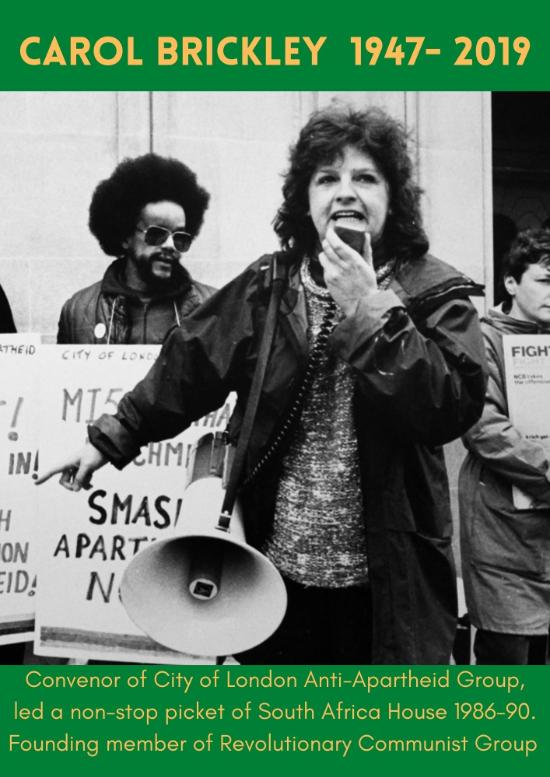Dolores Cacuango 1881-1971
Dolores Cacuango was a pioneer in the struggle of Ecuador’s indigenous communities for land, education, and women’s rights. Her activism forced the country’s Ministry of Education to take steps to improve educational provision. But while her legacy has been superficially recognised with a street in the capital Quito named after her and the more dubious accolade of a birthday Google ‘doodle’, what is rarely recognised is the centrality of her communist politics to her struggle. Cacuango was a prominent leader within the Communist Party of Ecuador (PCE) and faced imprisonment for her activism.
Cacuango’s family were part of the poorest strata of Ecuadorian society, the peones conciertos who worked for haciendas, unpaid, in exchange for a small piece of land. Born in Cayambe in the midst of a military confrontation between conservatives and liberals in Ecuador, Cacuango endured the injustice of a racist, oppressive system and grew to understand the ultimate failings of a shift to liberalism in Ecuador, particularly concerning the rights of the indigenous working class. By the early 1900s, the liberal revolution led by Eloy Alfaro had succeeded, but meaningful change failed to materialise for impoverished indigenous people and peasants, with the hacienda system of large estate landlords remaining in place.
At 15, Cacuango worked for the owner of a hacienda as a domestic servant before escaping to Quito to avoid forced marriage. She found a job as a maid in the house of a military officer and learned how to speak, read, and write in Spanish. She further deepened her consciousness of indigenous people’s oppression and returned to her hometown to help organise her people. There she married Luis Catacuamba, with whom she had nine children. Owing to the lack of sanitation infrastructure in indigenous and poor areas, eight of her children died of bowel disease.
In 1926, the people of Cayambe rebelled against the selling of community lands to a rich landowner. Cacuango played a significant role and delivered powerful speeches; noting, in particular, the sexual violence suffered by indigenous women at the hands of hacienda bosses and the importance of education in their mother language, Kichwa. This movement proved key in developing indigenous class consciousness and became a catalyst for the formation of the first communist party in Ecuador, comprising both indigenous peasants and the urban working class and professionals. In 1930 Cacuango was central to a strike by peasants and workers, at the Pesillo Hacienda. The government sent in bloodhounds and 150 soldiers to attack the strikers – however they refused to concede their demands and took the struggle to the government and land department. Eventually the overseers of the hacienda were forced to make concessions to the strikers, including the payment of labour for women and children, an eight-hour day with one day off each week and an end to the gruelling work of the ‘door keeper’ or huasicama who were essentially slaves to the lords and ladies of the house.
During the May 1944 Revolution against Liberal President Carlos Arroyo del Rio, Cacuango led an assault on a government military base. Alongside fellow activist, Transito Amaguana, she founded the Indigenous Federation of Ecuado, one of the first organisations to demand indigenous rights. In 1945, she helped establish the first bilingual Indigenous school which taught in both Kichwa and Spanish. The project ran for 18 years but was never officially recognised by the education ministry. In 1963, under General Ramon Castro Jijon’s dictatorship, the schools (which were considered communist breeding grounds) were closed; Teaching the Kichwa was banned and Cacuango’s house was raided. She was forced into hiding but continued activity in underground struggles. The popular movement eventually forced the Jijon’s regime to implement agrarian reforms. Cacuango marched alongside over 10,000 indigenous people from Cayambe to Quito to demonstrate the strength of the movement. In a speech in delivered in Kichwa she stated ‘We’re like the grass of the mountain that grows back again after being cut, and as mountain grass, we will cover the world.’





